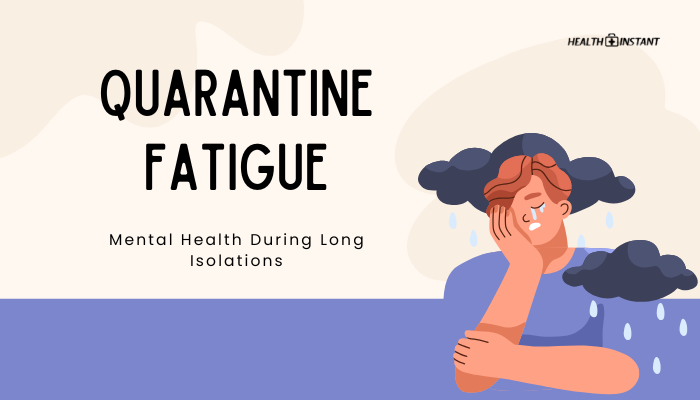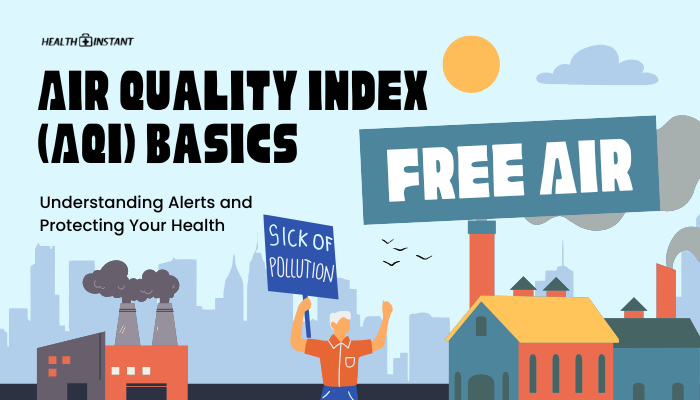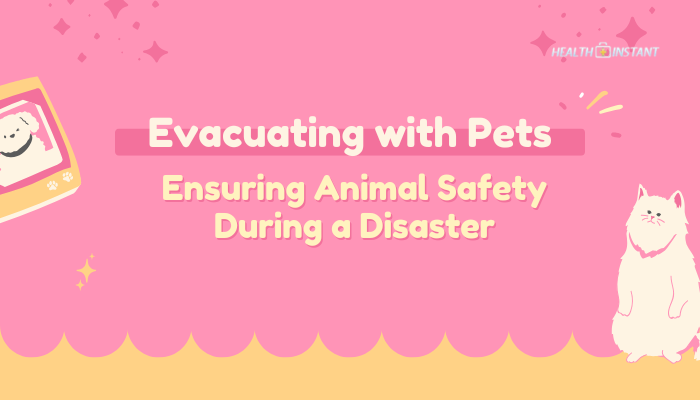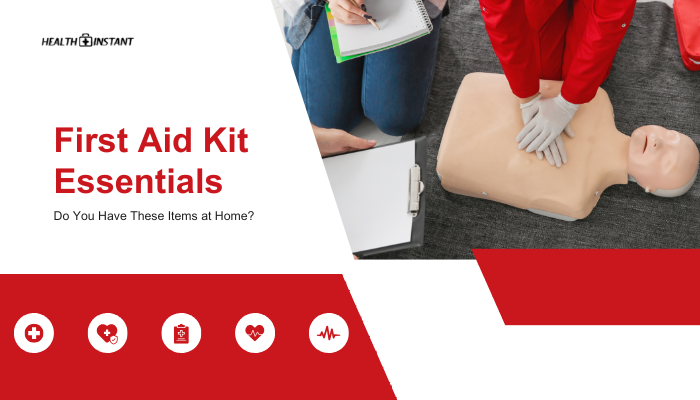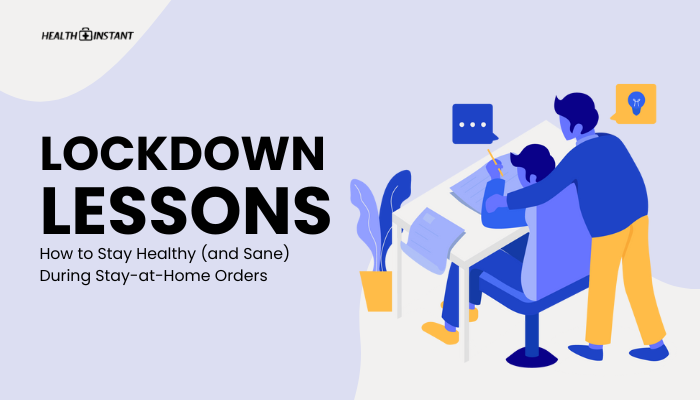Introduction
Quarantines or mandatory isolations—whether due to pandemics, disease outbreaks, or public health emergencies—have forced people into extended periods of limited social contact. While short-term isolation might seem manageable, lengthy quarantines can trigger ongoing stress, sometimes called “quarantine fatigue.”
This state can manifest as restlessness, mood swings, low motivation, or apathy. If left unaddressed, it may undermine mental health and relationships. Below, we explore the causes and warning signs of quarantine fatigue, along with practical coping tips to help you (and your family) remain resilient through prolonged isolation.
What Is Quarantine Fatigue?
Quarantine fatigue describes a mental and emotional exhaustion arising from sustained periods of confinement or restricted movement. This phenomenon goes beyond simple cabin fever, as it incorporates:
- Strained Emotional Reserves: Over time, stress accumulates, wearing down coping mechanisms.
- Disrupted Routines: Sudden changes in work, education, and social interaction intensify feelings of uncertainty.
- Anxiety About Health and Finances: Coupled with fear of infection or lost income.
The combined toll can hamper motivation, cause irritability, and diminish overall well-being.
Signs and Symptoms
- Mood Changes: Quick frustration, depression, or frequent anxiety spikes.
- Concentration Issues: Difficulty focusing on tasks, forgetting routine duties.
- Insomnia or Sleep Disturbances: Trouble falling asleep or restlessness.
- Low Energy: Feeling listless, a decline in productivity.
- Social Withdrawal: Avoiding even online interactions or phone calls.
Recognizing these early helps you pivot to strategies that maintain mental health before fatigue deepens.
Why Extended Isolation Affects Mental Health
- Loss of Normalcy
- Missing everyday structures—commuting, visiting friends, casual errands—can be disorienting and stressful.
- Missing everyday structures—commuting, visiting friends, casual errands—can be disorienting and stressful.
- Uncertainty
- Without a clear timeline for return to normal life, anxiety grows. Humans thrive on predictability and routine.
- Without a clear timeline for return to normal life, anxiety grows. Humans thrive on predictability and routine.
- Reduced Stimuli
- The environment flattens, with fewer changes or in-person experiences. Boredom can coalesce with loneliness into demotivation.
- The environment flattens, with fewer changes or in-person experiences. Boredom can coalesce with loneliness into demotivation.
- Increased Digital Reliance
- While technology fosters connection, excessive screen time can amplify fatigue or expose you to negative news loops.
- While technology fosters connection, excessive screen time can amplify fatigue or expose you to negative news loops.
Practical Ways to Cope and Stay Engaged
Build a Routine
- Wake-Up and Bedtime
- Regular sleep hours maintain circadian rhythms and stabilize mood.
- Regular sleep hours maintain circadian rhythms and stabilize mood.
- Daily Schedule
- Block periods for work, leisure, meals, personal hobbies.
Stay Physically Active
- Indoor Workouts
- Yoga, bodyweight exercises, or online fitness classes help relieve tension.
- Yoga, bodyweight exercises, or online fitness classes help relieve tension.
- Short Walks
- If guidelines allow stepping out safely, fresh air and gentle movement improve mental clarity.
Stay Connected Socially
- Video Calls
- Face-to-face virtual chats with friends or family fight isolation.
- Face-to-face virtual chats with friends or family fight isolation.
- Online Communities
- Hobby-based forums or social media groups keep interests alive.
Limit Overexposure to News
- Designated Times
- Pick one or two daily check-ins for credible updates. Constant scanning heightens anxiety.
- Pick one or two daily check-ins for credible updates. Constant scanning heightens anxiety.
- Filter Out Rumors
- Seek reputable sources (WHO, CDC, local health authorities).
Set Achievable Goals
- Small Wins
- Tackle simple tasks or create mini-projects like organizing a shelf or learning a new recipe.
- Tackle simple tasks or create mini-projects like organizing a shelf or learning a new recipe.
- Celebrate Progress
- A sense of accomplishment, however modest, boosts positivity.
Managing Anxiety and Mood Swings
- Mindfulness Exercises
- Deep breathing, meditation apps, or guided imagery to calm frantic thoughts.
- Deep breathing, meditation apps, or guided imagery to calm frantic thoughts.
- Journaling
- Expressing worries or reflections helps release pent-up emotions.
- Expressing worries or reflections helps release pent-up emotions.
- Relaxation Techniques
- Music therapy, coloring books, or daily affirmations can ground you if feeling overwhelmed.
Helping Children and Family Members Cope
- Establish Family Routines
- Set mealtimes, group activities, or dedicated study sessions for consistency.
- Set mealtimes, group activities, or dedicated study sessions for consistency.
- Validate Emotions
- Let children express frustration or sadness; reassure them it’s normal.
- Let children express frustration or sadness; reassure them it’s normal.
- Creative Outlets
- Crafts, board games, or collaborative exercises that break the monotony.
When to Seek Professional Help
- Persistent Symptoms
- If anxiety or depression intensifies for weeks or disrupts daily functioning.
- If anxiety or depression intensifies for weeks or disrupts daily functioning.
- Physical Manifestations
- Headaches, chest pains, or GI issues with no other cause might point to psychosomatic stress.
- Headaches, chest pains, or GI issues with no other cause might point to psychosomatic stress.
- Suicidal Thoughts
- Contact mental health lines or emergent care if you experience harmful ideation.
- Contact mental health lines or emergent care if you experience harmful ideation.
- Online Therapy
- Telemedicine appointments with counselors or psychiatrists can offer structured guidance.
- Telemedicine appointments with counselors or psychiatrists can offer structured guidance.
Conclusion
Prolonged quarantine fatigue is more than boredom—it’s a genuine psychological strain that calls for practical coping strategies and emotional self-care. Building consistent routines, balancing screen time, staying physically active, and reaching out for social or professional support help keep negative feelings in check.
While it’s natural to feel some frustration or cabin fever in lengthy isolations, purposeful action and mindset shifts can sustain mental health until life’s usual rhythms return.
References
- World Health Organization (WHO). (2021). Coping with stress during COVID-19.
- Centers for Disease Control and Prevention (CDC). (2020). Quarantine and isolation guidelines.
- American Psychological Association (APA). (2019). Managing mental health in isolation.
- National Institute of Mental Health (NIMH). (2018). Tips for stress management and self-care.
Disclaimer: This content offers general suggestions and does not replace personalized psychological advice or official health guidelines. For ongoing distress, consult a mental health professional.

